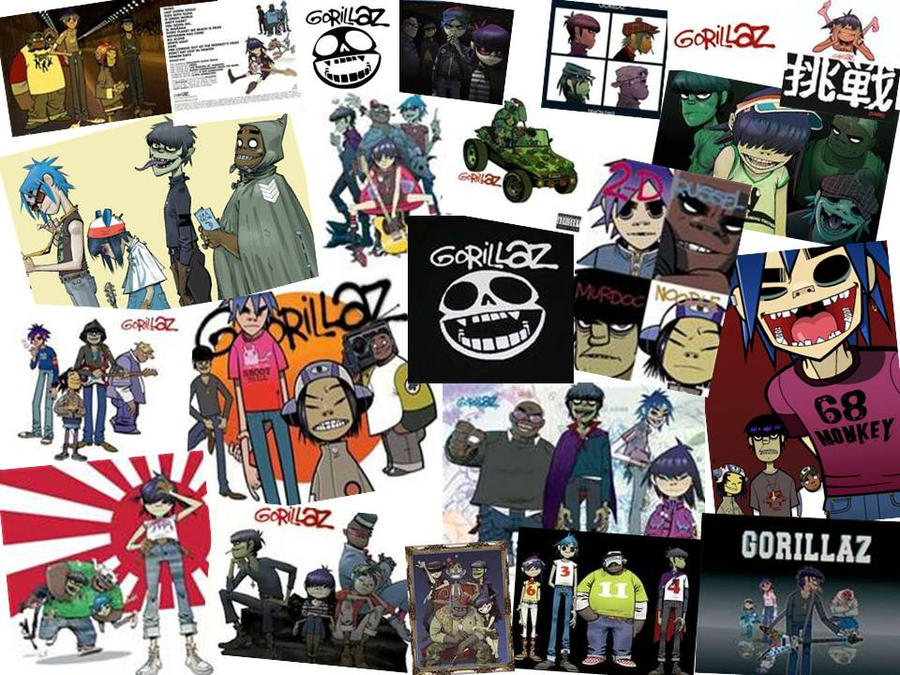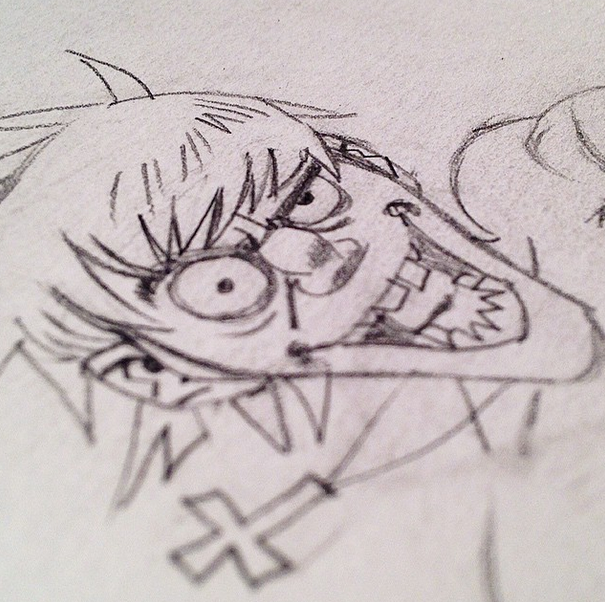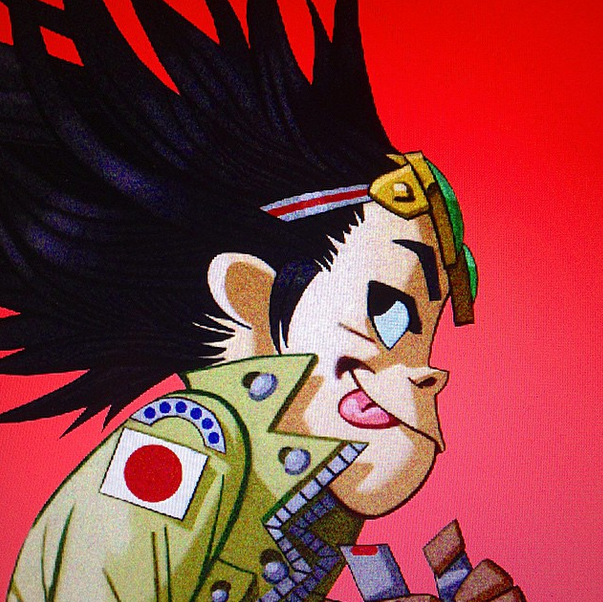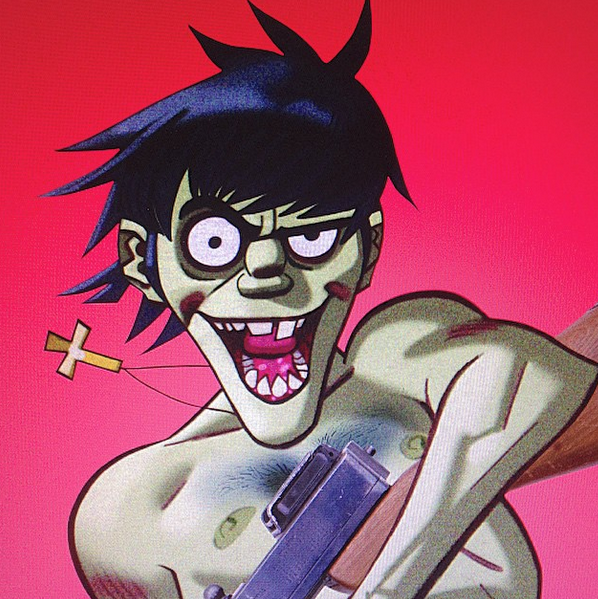The Brit Pop
artists of the 1990s produced music that was inspired by their illustrious precursors
of the 60s, 70s and 80s. It was ‘Brit’ and it made a statement, not least of
which was that it rejected the Grunge music that had originated in Seattle in
the US in favour of homegrown music. It was inspired by the guitar pop music of
the 1960s – bands such as The Beatles – the glam rock of the 1970s – for
example David Bowie, Iggy Pop – punk rock – such as the Sex Pistols – and Indie
Rock of the 1980s – which included bands such as The Stone Roses and Inspiral
Carpets. Mix these genres together, add tons of working class attitude, and an
even larger amount of British culture, and you have a flavour of what Brit Pop
is all about. Brit Pop influenced a generation and it continues to inspire design
today and influence our everyday lives, both back then and now.

The
greatest of the Brit Pop bands included Suede and Blur from London, and Oasis
from Manchester. In the case of Oasis and the infamous Gallagher brothers, not
only was the Mancunian dialect mimicked, but their style was also copied, and
their attitude was affected. Think about press images and album covers of the
90s – long greasy fringes and scruffy hair; still, bored facial expressions
staring into the camera and sometimes leaning towards it; arms folded, often
looking apathetic-bordering-on-aggressive. Song lyrics were about all things
British, with an emphasis on that cigarettes and alcohol, working-class
culture; the music was a social commentary but it had a great, catchy, good-fun
tune. Although the lyrics often made serious points, it was music you could
dance to, sing along with and party to.
Interior design and pop culture
Music that
makes you feel like cutting loose and partying has always shaped our lives.
Take pop music of the 60s and 70s, for example. Home décor of this era featured
bold, bright stripes, zigzags and swirls in yellow, orange and brown, as well as
disco balls and geometric shapes to mimic the disco vibe that had taken the
world by storm.
Brit Pop
was first and foremost British, and its style was embodied by the Union Jack: a
symbol of pride and nationalism. The British flag influenced design and
continues to do so by appearing in different formats on walls, murals, and picture
frames. Typography art, word-clouds or wordles (a collection of words
associated with a certain subject made into a piece of art) from Brit Pop
lyrics, scatter cushions, as well as phone cases
and T-shirts can all be found with Brit Pop themes. The artist of the time was
British modern artist Damien Hirst, whose work included preserved dead animals
including a sheep, a cow and a tiger shark.
Brit Pop
has inspired not just artists and designers, but also fashion: fashion of the
Brit Pop era was influenced by the collared shirts and leather jackets worn by
the likes of alternative rock band The Smiths and The Jam in the 1980s. Followers
of Brit Pop in the 90s wore a mixture of student and sporty casual, such as Fred
Perry polo shirts, zip-up tracksuit tops, and Adidas sports shoes, and baggy,
scruffy parkas, teamed with sunglasses, messy hair and a sultry look. And
happily for the generation of the 90s, the Brit Pop era continues to influence
much of our culture even now.






